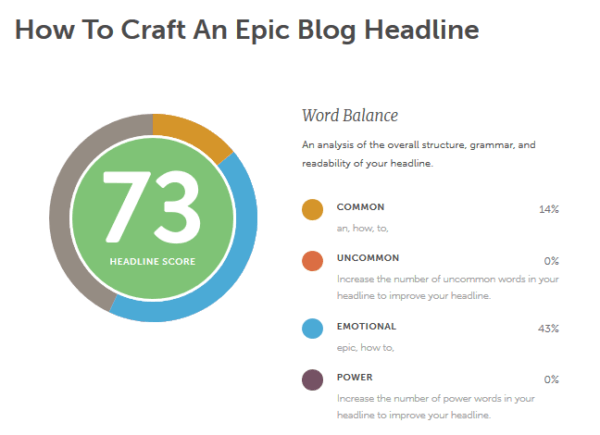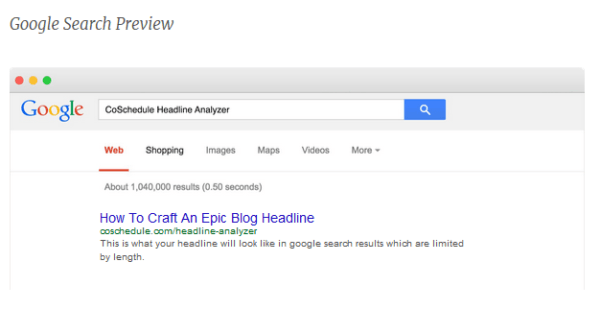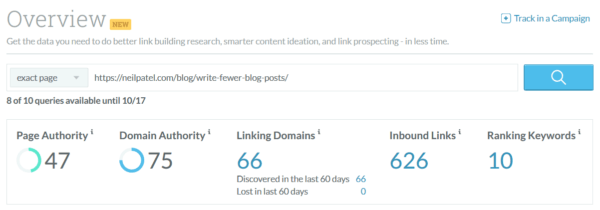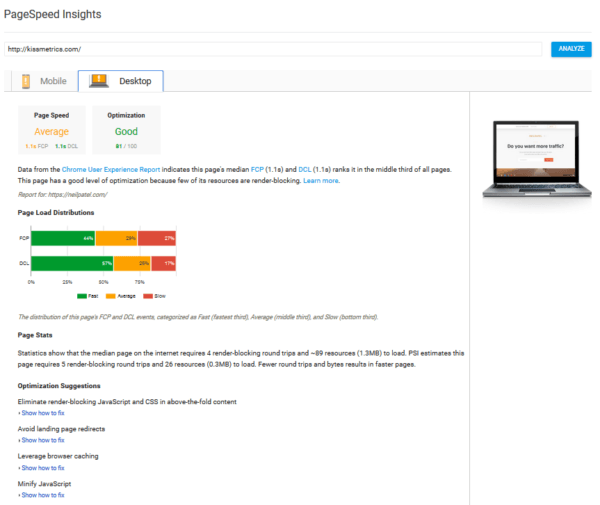Link building has long been one of the best SEO strategies for ranking higher in search results.
It has also been one of the most neglected strategies for boosting SEO, in part because there is so much to understand when it comes to link building best practices.
Knowing whether to pay for links, ask for links, or even earn them naturally has proven difficult for many website owners.
As a result, they lean on other strategies such as keyword research, building a social media presence, and writing killer content to get the most out of SEO and rank higher.
That said, gaining editorial links (also known as natural links) doesn’t have to be as challenging as you think.
Of course, there is a lot of work that goes into earning such links that point to your website, especially when they come from authoritative industry leaders.
But it can be done.
Let’s take a look at what an editorial link is and the best ways to earn some for yourself so you can build your reputation, get more traffic, and convert more site visitors into subscribers or customers.
What is an Editorial Link?
An editorial link is a link found in another website’s content that points back to your site – no strings attached.
This type of link is a result of publishing valuable content people can trust and marketing your brand to a broad audience base. Editorial links are not paid for or requested by you.
And the links back to your site found in guest posts you submit to help grow your business don’t count either (since those are technically requested in exchange for a high-quality piece of content).
The only way for an editorial link to be effective is if the link back to your website comes from an authoritative site.
In other words, the ones linking to your website in their content must be well-established and provide quality information about a specific topic that people reference and use as a legitimate resource.
Here are some of the top reasons why you should aim to earn editorial links from authoritative websites:
- The chances their large, niche audience will click on your link and check you out is high, giving you more site traffic
- You establish yourself as an authority since an already established resource is mentioning your content
- The link juice that comes from authoritative websites can be beneficial for SEO and search rankings
Having just a few editorial links can prove more beneficial to your site’s SEO, reputation, and traffic numbers than having a ton of low-quality links directed your way.
That’s why you should implement some of the following tips into your linking building strategies.
1. Create Newsworthy, Valuable Content
Creating good content may seem like an obvious thing to do.
But sometimes people need a little guidance when it comes to creating high-quality content that others will want to link to and recommend to their readers.
To start, follow these best practices when blogging:
- Create original, informative content with a unique twist on it that people will want to read
- Aim to publish evergreen content (content that will never become irrelevant)
- Watch minor details such as spelling and grammar using free resources such as Grammarly
- Be mindful of your content’s structure (make it easy for people to scan)
- Make it easy for readers to share on their social media profiles
- Aim to write at least 1000 words, sometimes exceeding upwards of 10,000
You should also pay attention to the strength of your content’s headlines. After all, 80 percent of people will read your headline but only 20 percent of people will read the rest.
For help with content headlines, check out CoSchedule’s Headline Analyzer:

Find out how balanced your headline is regarding structure, grammar, and readability, see how sentimental it is, learn what the main keywords are, and even check out how it will look in a search result.

Lastly, make sure you are writing about something your target audience will resonate with.
That way if you do earn an editorial link because your content is amazing, those that check it out won’t be disappointed.
2. Nab Your Competitor’s Editorial Links
There’s nothing wrong with checking out what your competition is doing (once you identify who your online competitors are).
After all, they wouldn’t be your competition if they weren’t doing something right.
But you can take it one step further and try to turn your competition’s editorial links into your own, with a little investigation and hard work of course.
To start, perform a Google search of the top keywords you want your website to rank for.
Make sure to keep track of the first page or two of search results that may hold editorial links to your competitors’ websites.
Next, check those search results in a backlink research tool such as Moz’s Link Explorer to find out exactly where there are editorial links directed at your competition.

You can click on Linking Domains to see what sites this particular website is linking to and determine if your competition is in there or not.
If they are, check out the link (and related content), and aim to write something even better, more comprehensive, and more valuable.
Then take that new piece of content you’ve published on your website and offer it up to the site owner that is linking to your competition (all in hopes of replacing your competition’s link with your own).
Though some may say this borders on not being an editorial link because you are technically asking for the link, I think it’s debatable.
And the truth is, Google will see it as a natural link because it exists within the content of an authoritative site.
So, no matter what you think, if you nab the editorial link from your competition, you’ll reap the benefits.
3. Network with Content Curators
Curating roundups of the best content around is a popular trend that doesn’t seem to be going anywhere.
And you better believe if you can land yourself in one of those roundups you’ll be earning an editorial link that will drive traffic, boost your site’s SEO, and increase conversions for sure.
The great thing about curated content roundups is that the information is easy to put together and is extremely useful for readers interested in that particular topic.
Think about it. A reader that views a content roundup is looking to click on something they find interesting or helpful. So why not get involved and encourage them to click on your content?
Not to mention, Google will see these links as natural and reward you for it, just like it does when you steal a competitor’s editorial link.
So, try to get in touch with reliable content curators that are in your industry, have highly trafficked websites, and are considered substantial resources and send them your best content.
You never know, it might get added to an existing roundup, or be used in a future one. Either way, you earn the editorial link and all things positive that follow.
Just make sure your website is running fast when you take this approach. You don’t want to purposefully direct people to your website if its speed and performance are lacking.
To make sure your site is up and running at optimal speeds, run a speed test using Google PageSpeed Insights.

From there, take a proactive approach and optimize your site for speed:
- Compress all images into smaller file sizes for reduced server strain
- Enable a caching solution
- Use a reliable hosting provider
- Minify CSS, HTML, and JS files
- Clean out your site’s database of old content
And lastly, look into using a CDN to deliver content to site visitors as quickly as possible no matter where they are in the world.
A content network delivery will store your site’s files on multiple servers spanning the world.
Then, when a site visitor clicks on your site’s URL, the server closest geographically to the site visitor will deliver the content, so speed and performance are never sacrificed.
You’ll also enjoy the added protection a CDN provides from DDoS attacks that attempt to take out servers and all the sites that are being stored on them.
If this happens to you, and you’re using a CDN, another server will pick up where the fallen one left off and continuing delivering your site’s content uninterrupted.
Final Thoughts
And there you have it! Some of the most effective, and not-so-hard strategies for securing editorial links back to your website.
Link building has been around forever, and while the details surrounding it have certainly changed over time, the overall process isn’t going anywhere anytime soon.
If you want to propel your site’s visibility in search results, drive lots of traffic your way, and increase your conversion rates, it’s highly recommended you work to earn a few high-quality editorial links.
Remember, a few solid editorial links can make more of a difference than tons of low-quality links that no one is interested in.
- Why Data Security Is the Real AI Risk - June 30, 2025
- Why Being Bold Matters in Cybersecurity—and Branding - June 3, 2025
- Gear Tested and Approved: My Top Picks for Dads and Grads This Season - May 28, 2025




Comments are closed.